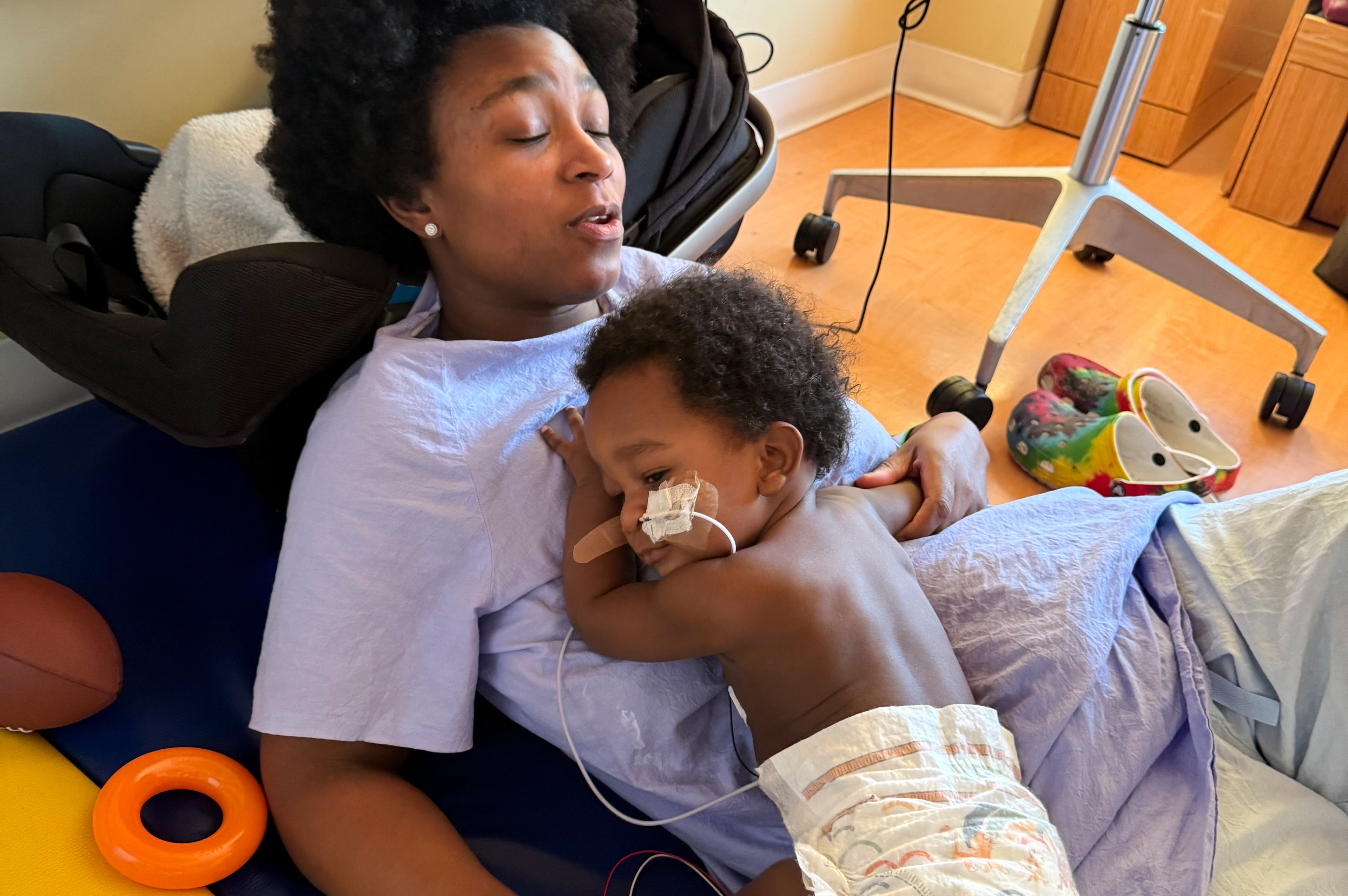House cat dies from pet food contaminated with bird flu

A house cat died after eating pet food that tested positive for bird flu, Oregon authorities said, prompting a recall of raw frozen pet food that was sold across the country, including in Georgia.
Northwest Naturals, a pet food company based in Portland, Oregon, said Tuesday it had voluntarily recalled one batch of its 2-pound Feline Turkey Recipe raw frozen pet food after it tested positive for the virus. The product was sold through distributors in Arizona, California, Colorado, Florida, Georgia, Illinois, Maryland, Michigan, Minnesota, Pennsylvania, Rhode Island and Wisconsin, as well as Canada’s British Columbia.
“We are confident that this cat contracted H5N1 the scientific name for bird flu) by eating the Northwest Naturals raw and frozen pet food,” Oregon Department of Agriculture State Veterinarian Dr. Ryan Scholz said in a Tuesday news release. “This cat was strictly an indoor cat; it was not exposed to the virus in its environment, and results from the genome sequencing confirmed that the virus recovered from the raw pet food and infected cat were exact matches to each other.”
The recalled product is packaged in 2-pound plastic bags with “best if used by” dates of May 21, 2026, and June 23, 2026. The company and Oregon authorities said that consumers who bought the recalled product should throw it away immediately and contact the place of purchase for a refund.
No human cases of bird flu have been linked to the incident, but those who were in contact with the cat are being monitored for flu symptoms, Oregon authorities said.
More than 60 people in eight states have been infected, with mostly mild illnesses from bird flu, according to the U.S. Centers for Disease Control and Prevention. One person in Louisiana has been hospitalized with the nation’s first known severe illness caused by the virus, health officials said last week.
Michael San Filippo, a spokesperson for the American Veterinary Medical Association, told The Atlanta Journal-Constitution the Oregon case of the cat contracting the virus through commercially available pet food is the first such case they are aware of. It’s not yet known how serious a threat bird flu is when it comes to pets’ diets.
But there have been other cases of cats getting sick this year with bird flu from drinking raw milk or eating infected and uncooked wild birds, the spokesperson said.
Filippo noted the AVMA has a long-standing policy advising against feeding cats and dogs raw animal protein diets — whether meat or milk — due to the risk of foodborne illnesses, including those caused by bacteria such as salmonella and viruses including bird flu.
Pasteurizing milk and cooking pet food to recommended temperatures eliminates these pathogens, making it a safer choice for pets, he added.
Meanwhile, the Wild Felid Advocacy Center of Washington recently announced the deaths of 20 big cats — more than half the facility’s population — as a result of bird flu infections.
“It’s been one big nightmare. I never thought something like this would happen to us,” the center’s director and co-founder, Mark Mathews, told CNN affiliate KOMO. “Maybe only in a facility that had cats near each other, and ours are spread out over 5 acres.”
According to the center, the 20 animals died over the course of weeks. They included five African servals, four bobcats, four cougars, two Canada lynxes and one each of five other species of big cats.
Cats are particularly vulnerable to bird flu, which can cause subtle initial symptoms that may “progress rapidly, often resulting in death within 24 hours due to pneumonia-like conditions,” the center said.
A new study published earlier this month suggests domestic cats could provide a new route for the bird flu virus to evolve into a more dangerous form.
So far, bird flu does not spread easily among people, and there is no evidence that infected cats have spread the virus to people. But if a cat were infected with both H5N1 and a seasonal flu virus at the same time, the bird flu virus could potentially acquire the mutations needed to spread widely among humans.
In the past, scientists typically have worried most about pigs, considered the ideal “mixing vessels” in which two flu viruses — seasonal and H5N1 — might swap genes.
But many other animals may also host bird flu and seasonal flu viruses at the same time, Richard Webby, an influenza expert at St. Jude Children’s Research Hospital, told The New York Times.
“Cats seem to be a pretty good candidate,” Webby said.
The Associated Press contributed to this report.



